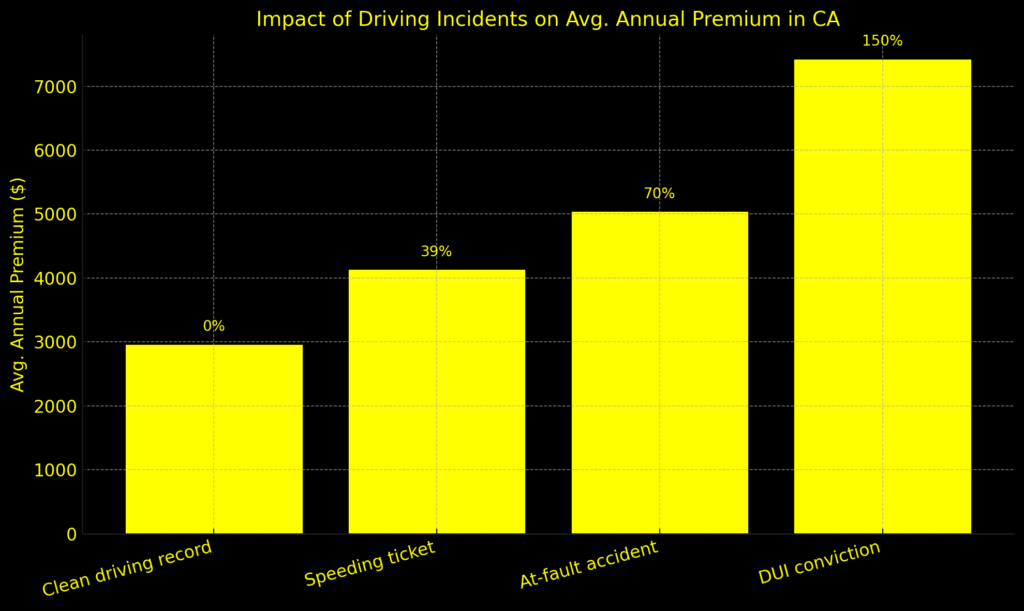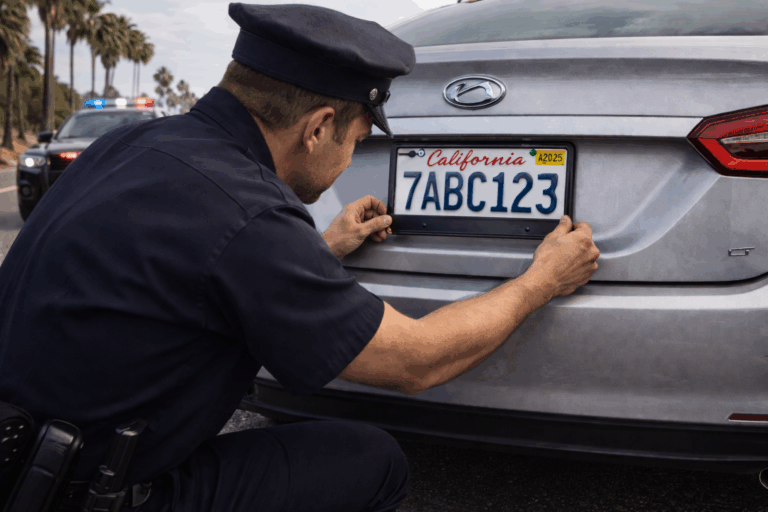Receiving a traffic ticket might seem like a quick hiccup in your day—a flash of lights in your rearview, a brief chat with a stern-faced officer, and a piece of paper tucked under your windshield or handed through your window. But that small slip could be the start of a slow leak in your wallet. Especially in California, where the base cost of driving is already steep, the long-term financial drag from a single ticket can be staggering.
The Domino Effect of Paying That Ticket
Most people just want it over with. Click, pay, move on. But paying the fine is more than settling a debt—it’s an admission of guilt. And that guilty plea? It doesn’t end with the state. It’s shared, like juicy gossip, with your insurer.
Insurance companies track your driving record like hawks eyeing prey. The moment a violation lands in your file, they interpret it as a sign that you’re more likely to cost them money. So they make a preemptive move—your premiums go up, often fast and high. The ticket becomes a pebble tossed into a still pond, but the ripples hit every corner of your bank account.
Crunching the Numbers: California’s Insurance Rates
As of 2025, full coverage in California costs drivers around $2,975 per year. That’s already roughly 22% higher than the national average. And that’s if you’re playing by the rules. One misstep—say, a rolling stop or 12 mph over the speed limit—and your pristine record is stained.
Add a violation to your file, and insurers get twitchy. Suddenly, that $2,975 premium balloons by nearly 40%, soaring to about $4,165 per year. That’s an annual difference of $1,190. Over five years, assuming the mark remains and rates stay elevated, you’re looking at nearly $5,950 down the drain. That’s not counting the original fine or lost time in traffic school or court, either.

The Case for Hiring a Traffic Lawyer
Traffic court is stacked against you. Judges are busy. Officers get the benefit of the doubt. Most drivers don’t understand procedural nuances or know how to poke holes in radar evidence or identify technical errors in the citation. But traffic attorneys do.
A traffic lawyer brings strategy and leverage. They may get the case dismissed outright. If not, they might negotiate it down to a non-moving violation. No points. No insurance spike. No mess. They speak the language of traffic court fluently—something most drivers simply don’t have time to learn.
And the cost? Typically a few hundred dollars. Compared to the potential five-year $6,000 insurance hike, it’s a drop in the bucket.
The Bigger Picture: More Than Just Money
Beyond the immediate cash losses, there’s your reputation. Many jobs—delivery drivers, rideshare, sales reps—require a clean driving record. A ticket might not seem like a red flag to you, but HR departments and hiring managers see points on your license as a sign of unreliability.
Worse still, rack up enough points and you’re no longer just an expensive driver—you’re a suspended one. Four points in 12 months, six in 24 months, or eight in 36 months, and you could lose your license altogether under California’s Negligent Operator Treatment System. Suddenly, getting to work is a nightmare. And no job interview ends well when you say, “I don’t have a license anymore.”
Final Thoughts
Skipping court and paying the ticket might feel mature and responsible. But in reality, it’s passive financial self-sabotage. That $238 you shelled out to be done with it? That was just the opening bid. Insurance hikes make it a recurring expense, one that could last years. Add court costs, job limitations, or potential license issues, and that moment of convenience becomes one of the most expensive seconds of your year.
Hiring a traffic lawyer may not guarantee the ticket disappears. But it does give you a fighting chance. And in California, where everything already costs more, it’s one of the few ways you can stop a small mistake from becoming a five-year punishment.



